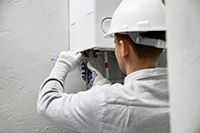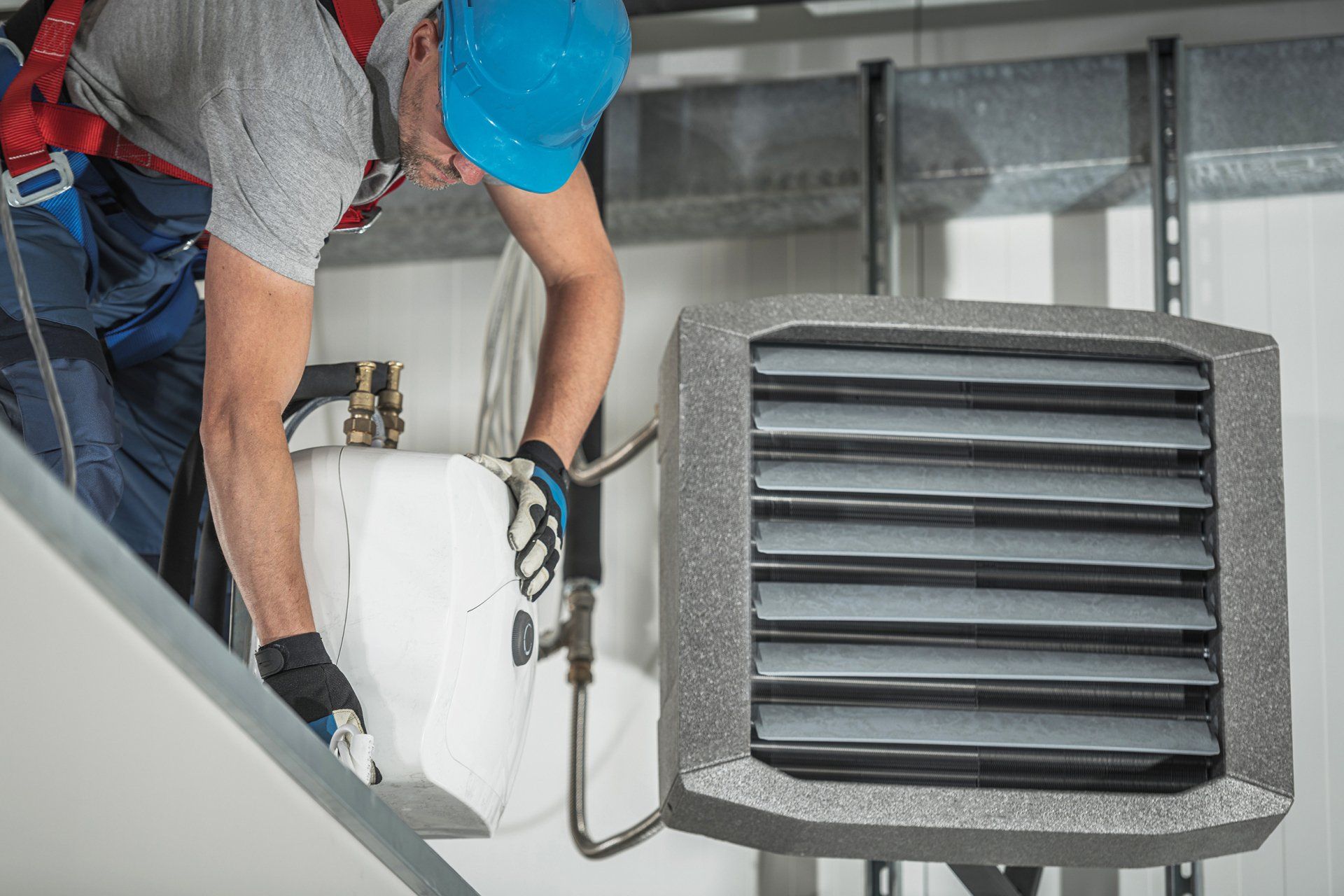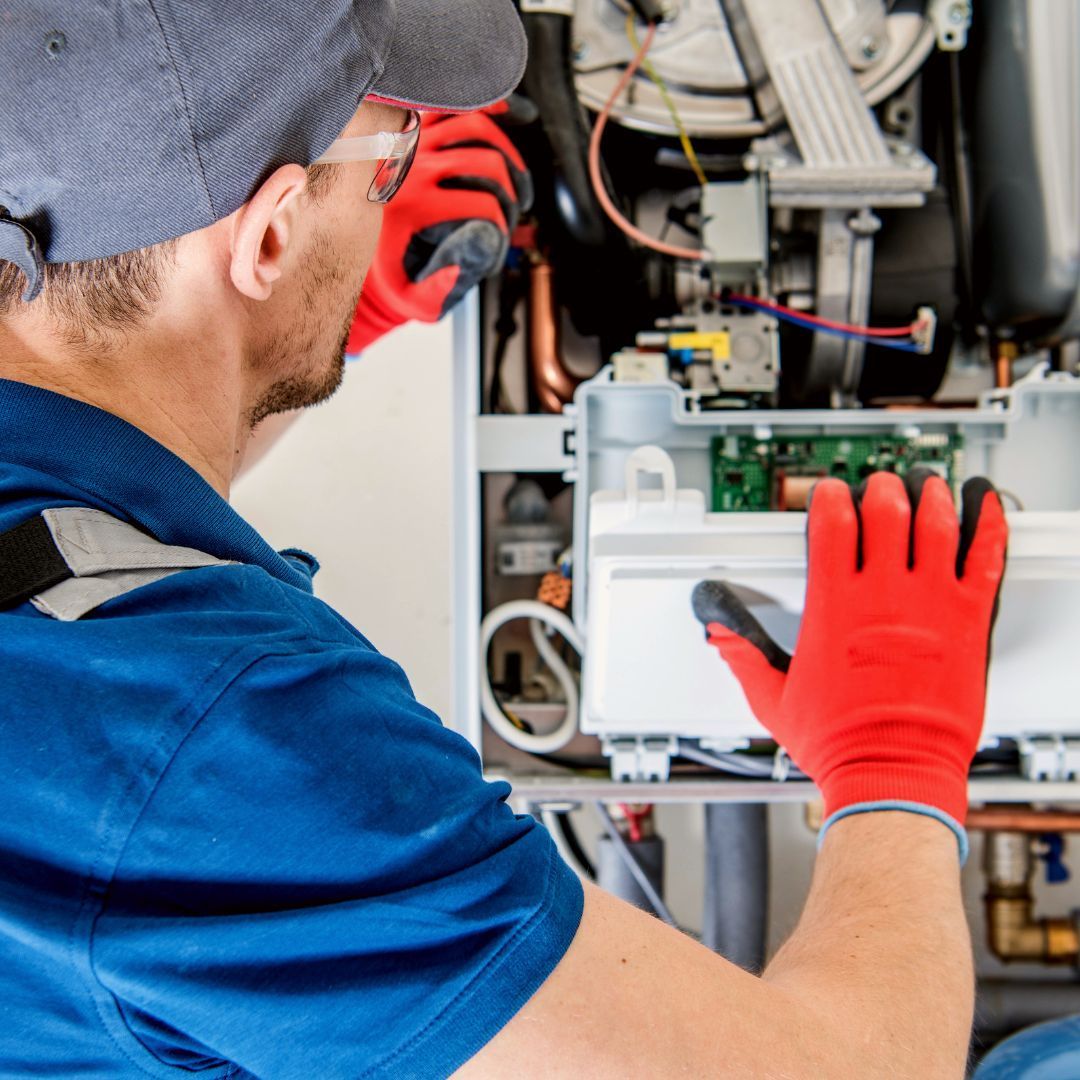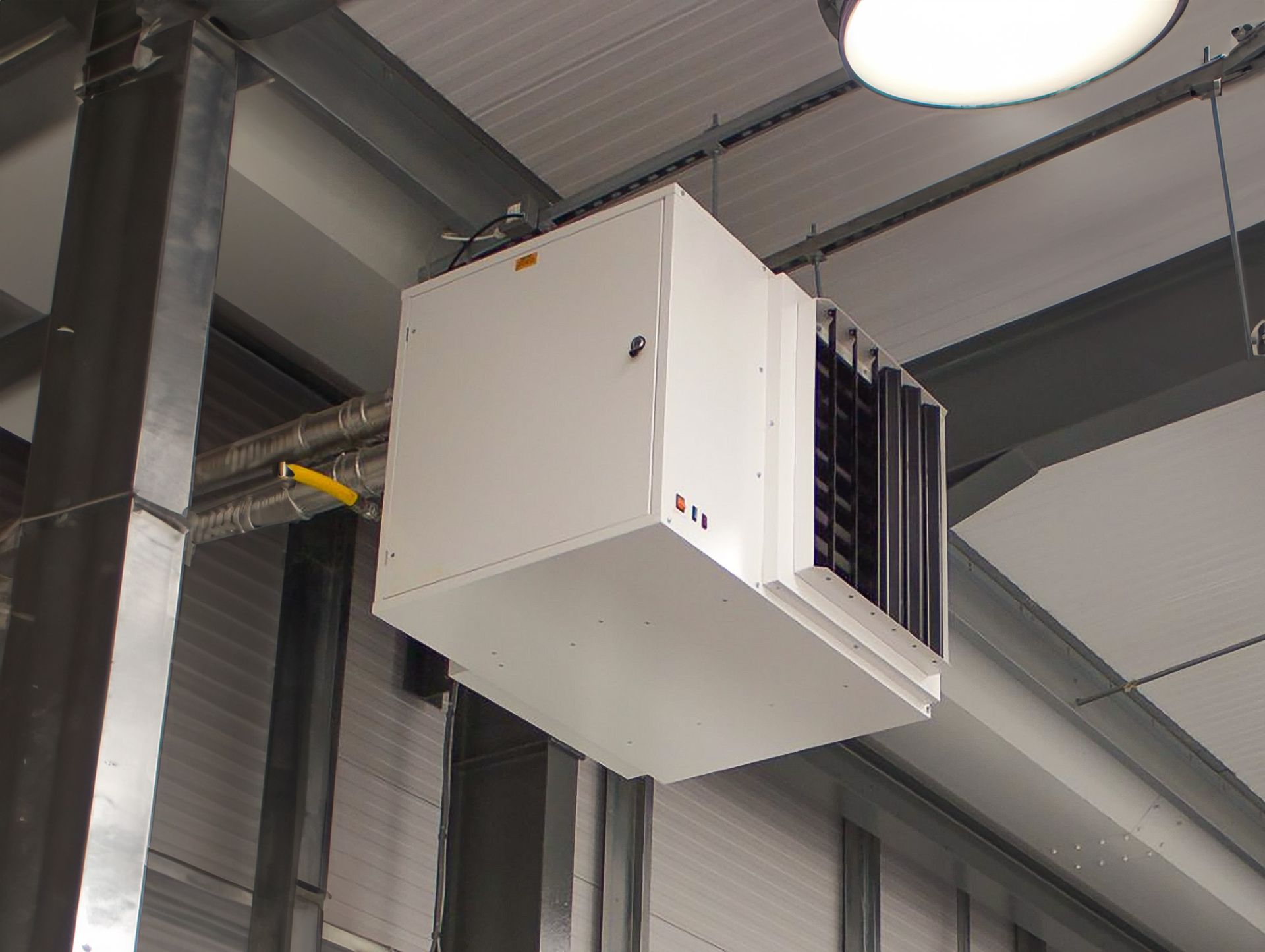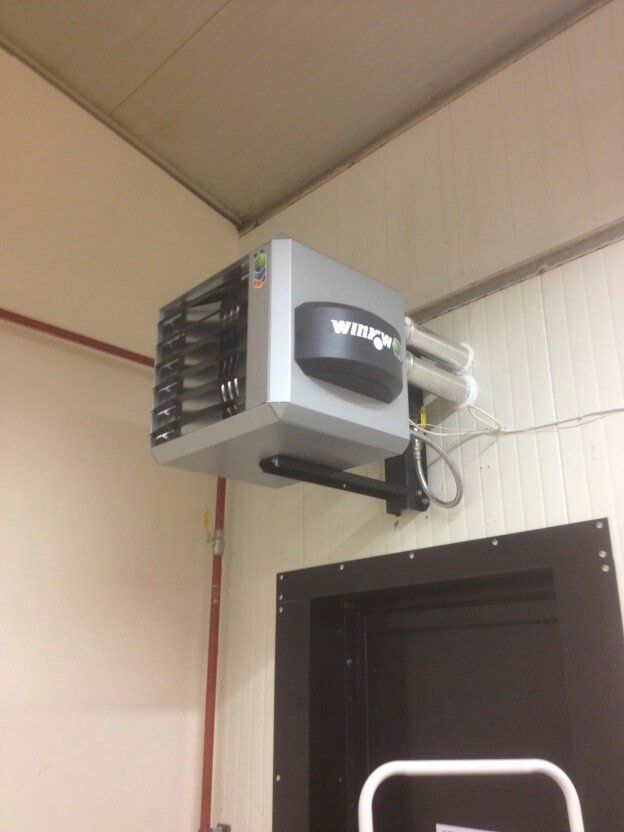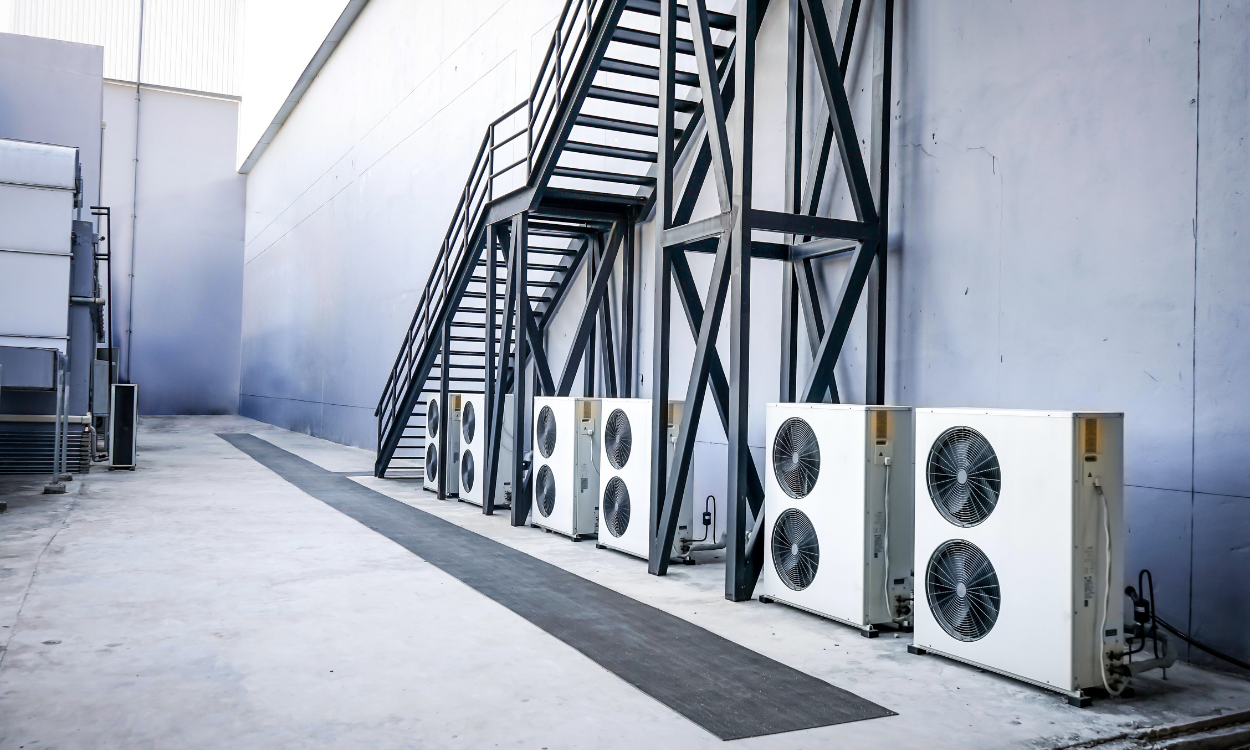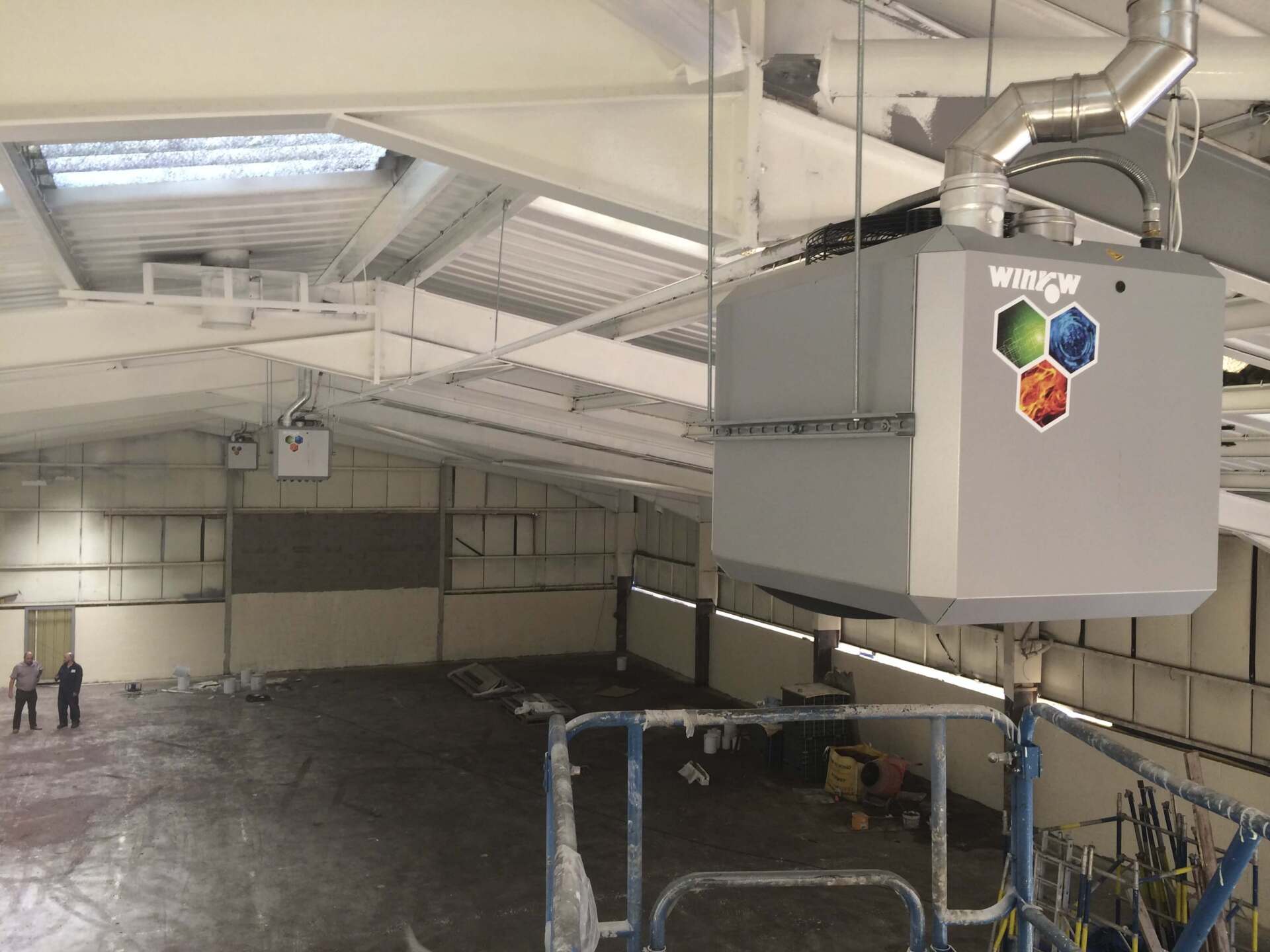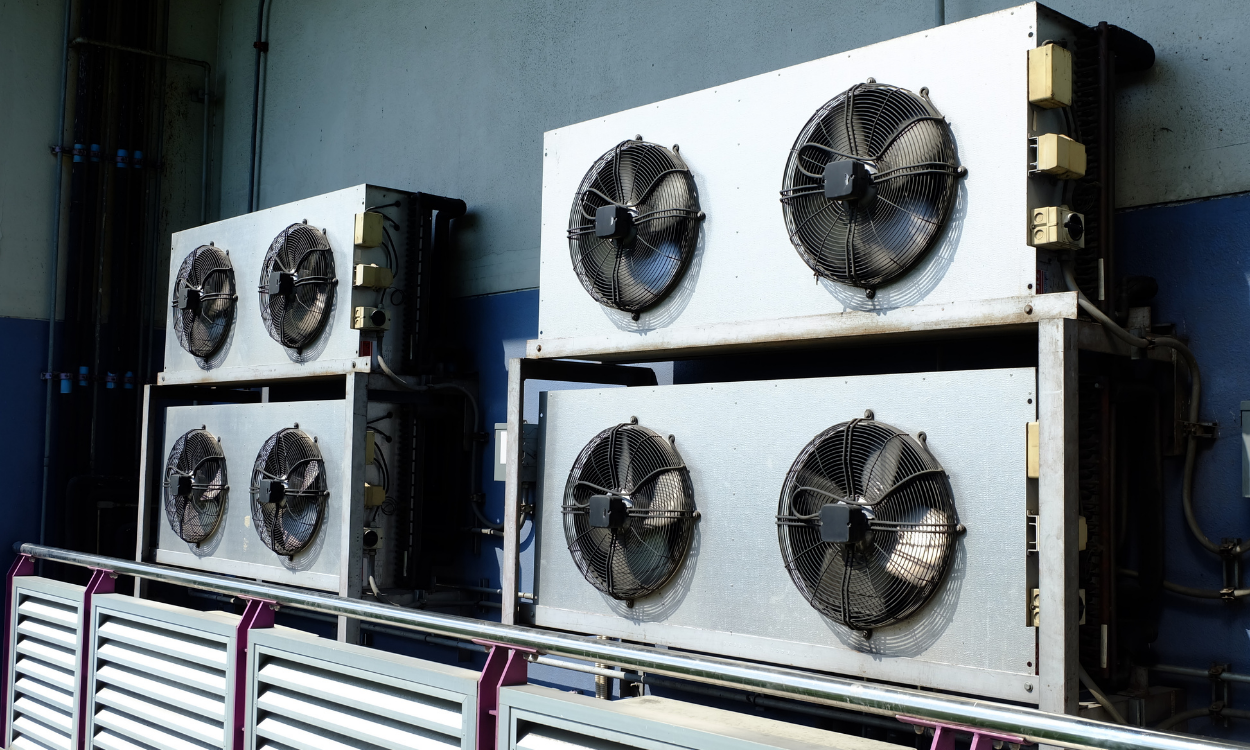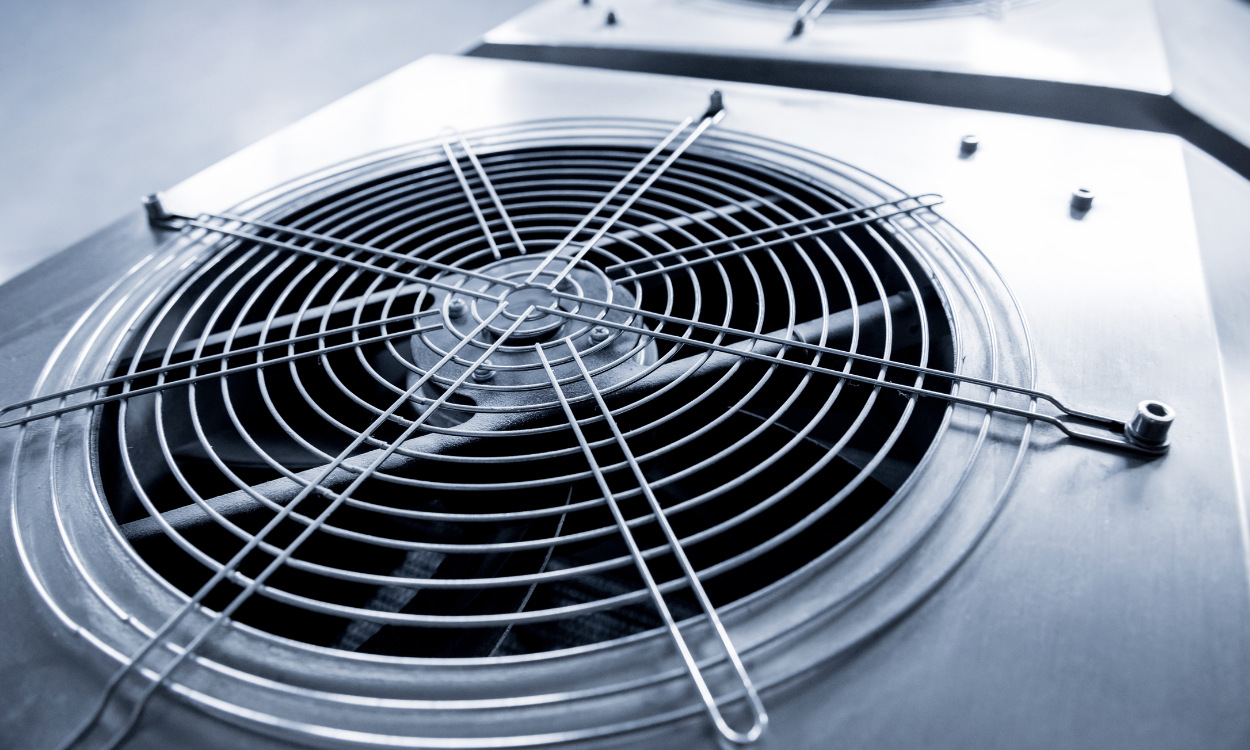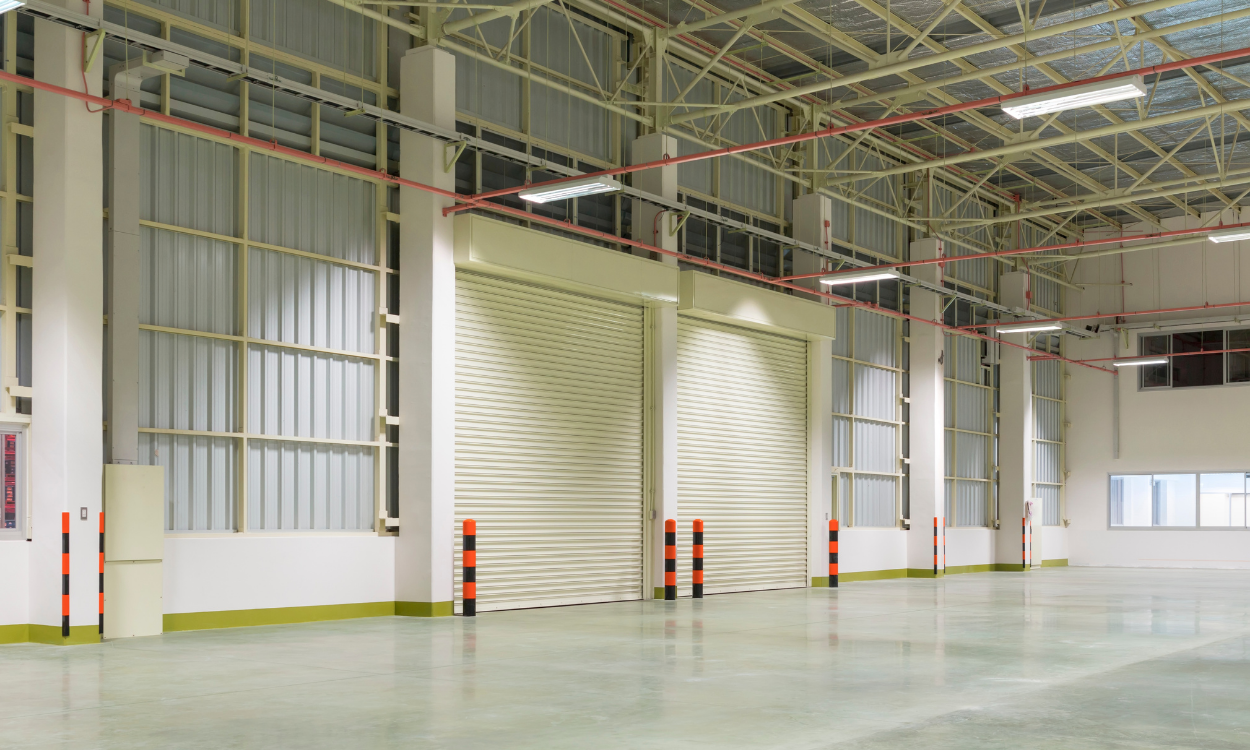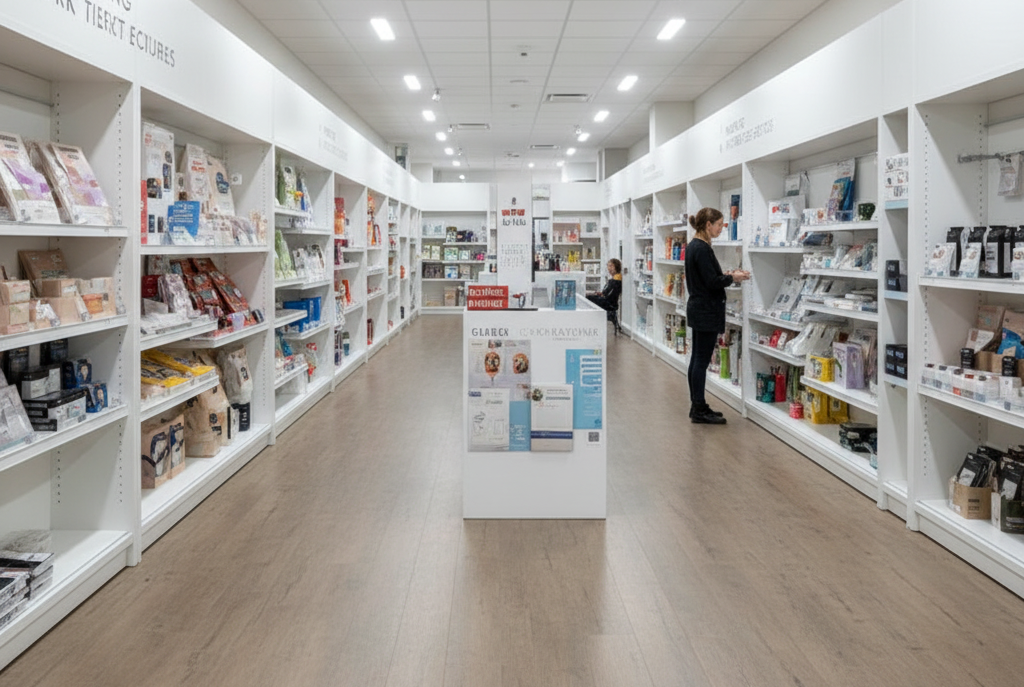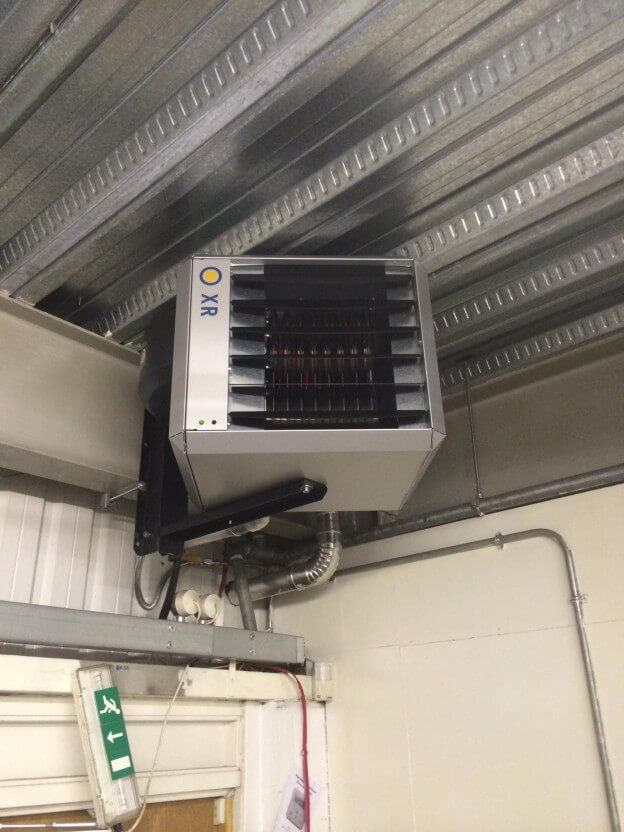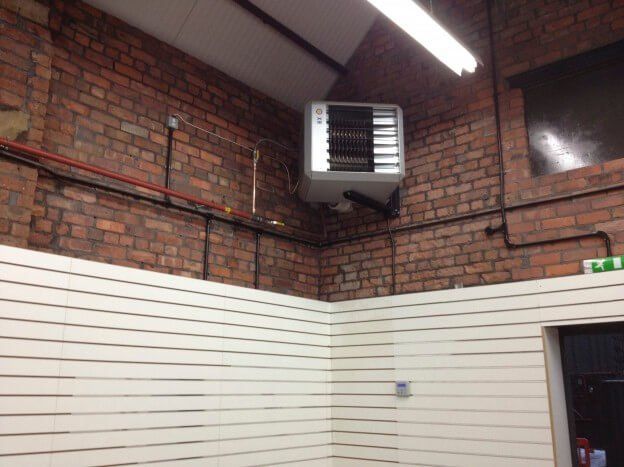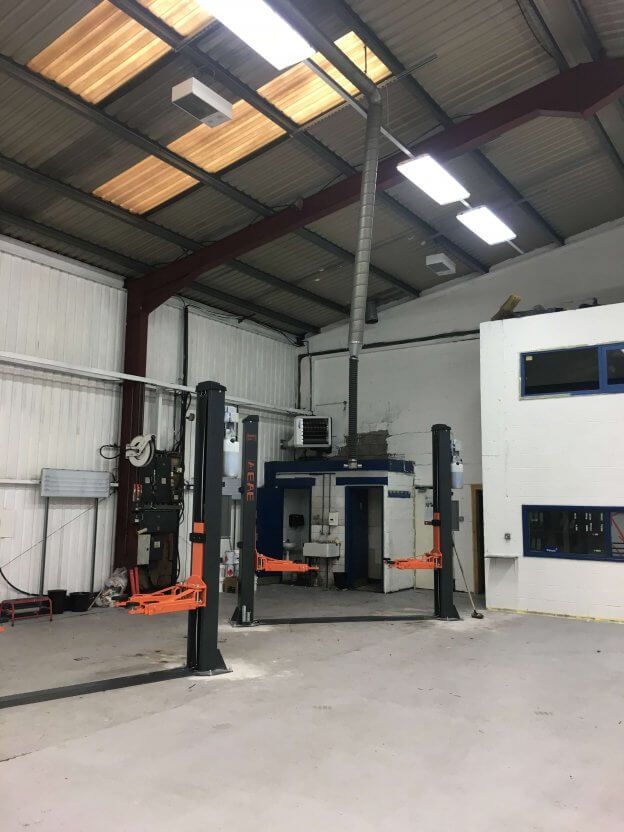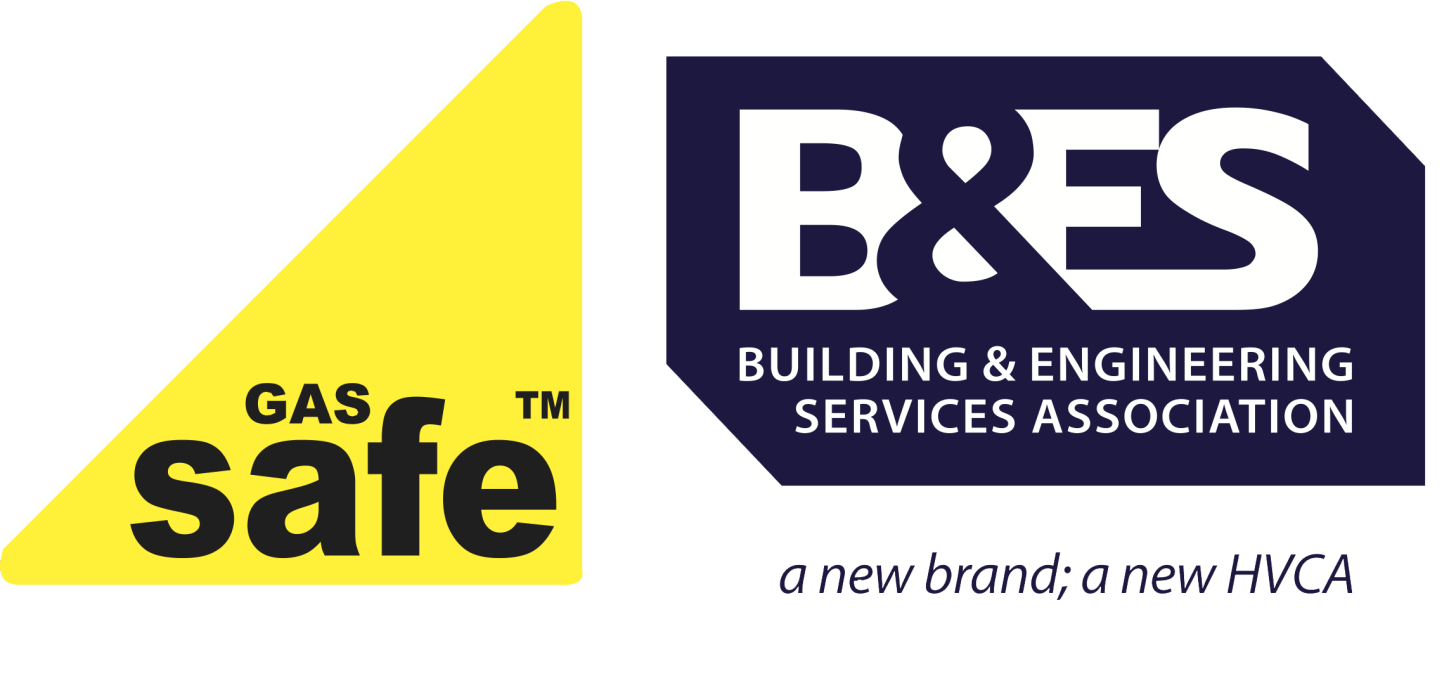The Importance of Installing the Correct Commercial Heating System
If you are the proprietor of an industrial business unit, one of the things you’ll need to think about is how you will supply your building with heating and hot water.
In most cases, the best option is likely to be a commercial heating system. However, the installation of this type of heating system requires a lot of planning and consideration.
First and foremost, you will need to determine which commercial heating system is the correct type for your building.
In this article, we’ll discuss what a commercial heating system is and why installing the correct heating system is so important. We will then move on to talk about professional installation processes and the importance of proper maintenance after installation.
What is a Commercial Heating System?
A commercial heating system is a heating system designed to supply central heating and hot water to larger buildings that require more heavy-duty heating systems. Commercial heating systems are specifically geared towards businesses and industrial buildings.
This sounds simple enough in theory. However, commercial heating systems can take many forms, which complicates matters a little.
The most traditional kind of commercial heating system is the oil or gas steam system. This method uses a commercial boiler to produce steam, which is condensed and circulated around the building through pipes.
A similar, but slightly more efficient system is oil or gas water heating. This system also uses a boiler to heat water, but in this case, it is the water itself that is circulated to the building’s radiators to provide heating.
HVAC (Heating, Ventilation, and Air Conditioning) systems are capable of both heating and cooling down a building as needed using a compressor. This compressor converts a refrigerant gas into liquid form. The resultant liquid passes through HVAC ‘coils’, where it not only heats or cools the air but also filters it for optimal purity.
Heat pump systems are also a popular option. These systems work quite simply by extracting heat from the air and transferring this heat through the unit.
For an even more environmentally friendly answer to commercial heating, there is also the option to install a natural energy heating system. These systems can use a variety of renewable energy sources to generate heat, including solar power or geothermal energy.
Why the Correct System for your Type of Building is Important
It is imperative to install the correct commercial heating system for your building type. This is because different heating systems rely on specific conditions to function effectively and provide optimal heating and/or air conditioning for your unit. This is an essential part of catering to the health and wellbeing of your employees.
Heat pump systems, for example, are only suitable for use in buildings where the air contains enough heat for sufficient heat extractions to take place.
Similarly, natural energy heating systems will not function properly without adequate supplies of solar or geothermal energy, which may not be attainable for certain buildings depending on location and other factors.
Other important considerations in selecting the correct commercial heating system are available space, building structure, and ventilation levels.
The conditions of your building type must be thoroughly considered before installing a commercial heating system to ensure fuel efficiency, effective heating, and the safety of your system.
What if the Incorrect System is Installed?
We’ve talked about the benefits of installing the correct commercial heating system for your building type, but what about the potential consequences of installing the incorrect system?
Installing the incorrect commercial heating system may simply result in inefficient heating. Depending on the structure and size of your building, the wrong heating system can lead to uneven temperatures or a complete lack of heating in some areas.
If your system is too small for your building, it may have to overwork itself to produce enough heat. This could result in wasted energy and premature system failure, both of which could cost you a lot of money.
Similarly, if an oversized heating system is installed, the system may have to be shut down by the thermostat during operation. Cycle interruption may decrease the longevity of your heating system.
More alarmingly, the installation of a gas-based commercial heating system in a building that lacks adequate levels of ventilation can have dangerous consequences in the case of a malfunction.
Why Professional Assistance and Installers are Needed
Installing a commercial heating system is no small task, and it’s certainly not something anyone should undertake without the proper experience and qualifications.
Commercial heating systems often involve the use of hazardous substances and potentially complex engineering work. The handling of these tasks by untrained individuals can have disastrous consequences, ranging from electrocution to fatal carbon monoxide leakage.
You should always make sure that the professionals installing your commercial heating system are qualified specifically in commercial rather than domestic installation.
Not only will commercial system installers be better qualified to install the system safely and durably but they will also be able to advise you in terms of choosing the right heating system for your building.
Importance of Maintaining your Commercial Heating System After Installation
A commercial heating system isn’t something you can forget about once the installation process is complete. These heating systems require regular maintenance every 12 months.
These routine maintenance procedures should not be passed over under any circumstances, even if there is nothing overtly wrong with your heating system. The idea of regular maintenance is to detect any potential issues before they become noticeable. Taking consistent, preventative measures is the best way to avoid system failure or more serious problems, such as gas leaks.
Again, this maintenance should only be carried out by a qualified commercial heating engineer. These professionals will be trained to detect problems in the early stages and make any adjustments safely.
Summary
As we have indicated, there are many different types of commercial heating systems, and installing the correct system for your building type is of paramount importance, both for fuel efficiency and safety reasons.
Before having any commercial heating system installed in your industrial unit, you should consult a qualified commercial heating engineer who will be able to advise you on the best heating system for your building. A commercial heating engineer will also be able to install the appropriate system effectively and safely. Once your commercial heating system is installed, you should schedule regular maintenance with a qualified professional every 12 months to prevent future malfunctions and ensure system longevity.
Share This Post.
Need a Quote?
Is your business is looking for heating upgrade or an installation quote? Please call us on 08000 588 035 for a free quotation or fill out our contact form and we’ll get back to you as soon as we can.
If you could also attach some relevant images of the building and advise the building volumetric, it will help with our initial design assessment. Thank you.
